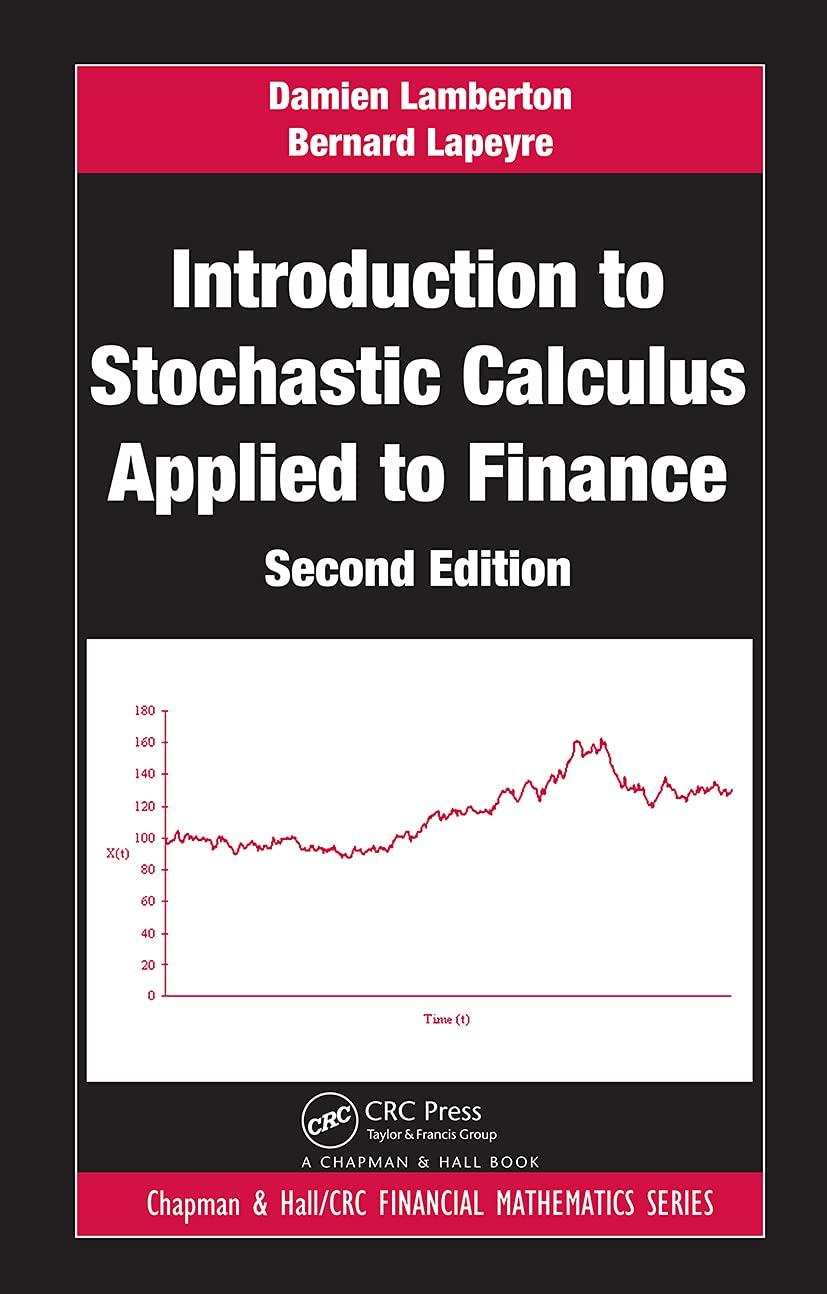If the Ti's are independent and satisfy P(Ti =d)=p=1 P(Ti =u), we have E(Tn+1|Fn)=E(Tn+1)=pd + (1
Question:
If the Ti's are independent and satisfy P(Ti =d)=p=1 − P(Ti =u), we have E(Tn+1|Fn)=E(Tn+1)=pd + (1 − p)u=1 + r, and thus ( ˜ Sn) is a P-martingale, according to Question 1.
Fantastic news! We've Found the answer you've been seeking!
Step by Step Answer:
Related Book For 

Introduction To Stochastic Calculus Applied To Finance
ISBN: 9781584886266
2nd Edition
Authors: Damien Lamberton, Bernard Lapeyre
Question Posted:






